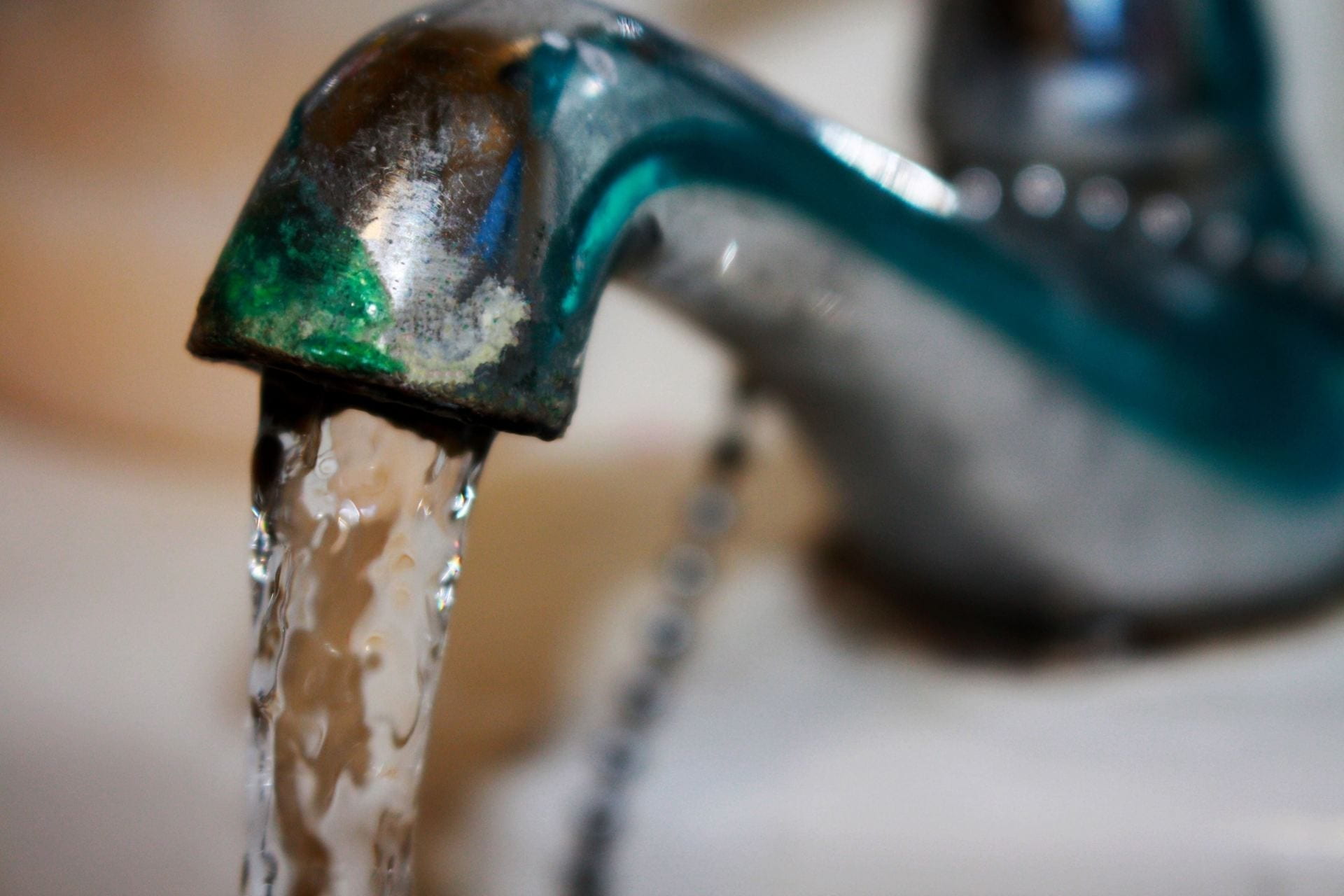I'm Shannon Butcher, a third-year student at the University of Lincoln. I study journalism and have pursued this field because I enjoy writing, informing or educating others and having the ability to discover interesting stories. Outside of university, I live…

Keeping it green: staying eco-friendly as a student
January 25, 2019,
read.
This article is more than 3 years old
Whether you’re a huge environmental activist or not, being a student can bring a few added challenges when it comes to recycling, reusing and reducing.
Although, there are plenty of simple changes that you can make in order to ensure you limit your refuse and avoid further pollution. Here are some incredibly easy ways to begin making changes to your everyday activities, so we can do our part in improving the environment.
Reusable drinks cups
Students spend hours a day sitting through lectures and of course, it becomes thirsty work, which can lead to a lot of plastic and cardboard waste if you’re purchasing multiple drinks in a day. A simple way to reduce this is by bringing your own water bottles and hot-drink flasks. You can purchase these pretty much anywhere on the high-street and even on campus for really cheap, and the money saved on drinks pays for it in no time. There are also lots of water fountains across campus as well so there’s no need to worry about where to refill your water bottle.

We need to eat too right? It’s not environmentally friendly (or good for your bank account!) to buy food every day, so, just as you can bring your own drink containers, make sure to bring your food ones too. If you know you have a long day at university, get yourself a lunchbox and plan out a packed lunch before you go. This will save a lot of wasted packaging and a lot of pennies as well.
Bags for life
We all know about shops and supermarkets now charging for plastic bags, which is a fantastic way to ensure people use less, but you can take it a step further and instead take your own bags when you shop. If you already have a few bags lying around (most of us have a cupboard full) use them to pack away your purchases, or if not, every major supermarket has ‘bags for life’ available, which you can return for a new one once its worn out.
Shop locally
When it comes to shopping, you can be environmentally savvy too. Most of us know that the food we see in our supermarkets is usually imported, whether from abroad or within the UK. Products have to travel and the vehicles that transport them emit more carbon dioxide – certainly not good. If you know where to look you can find lots of locally sourced food vendors across Lincoln, such as the Cornhill Quarter indoor market. You can find an abundance of fresh veg and fruits as well as butchers and fishmongers. You might be paying a little more for the local goods, but it’s always fresh, you’re supporting small businesses and it’s fantastic for the environment.
Buy second-hand clothes
It’s not just food products though, you can keep it green with clothing too. Charity shops line most high-streets and Lincoln is no different. The British Heart Foundation, Oxfam, St Barnabas Hospice and many others offer masses of donated clothing for incredibly cheap prices. It’s easy to say that it’s all a little old fashioned but you would be surprised with the treasures you can grab – it just takes a bit more patience and an eye for fashion. Not only will the money go to charity, but you’re reusing clothing, thus reducing fabric waste.
Share meals
So, we’ve looked into what you can do outside your home, but what can you do in the home to save a little more? If you live with others, that means more meals and a lot more rubbish! So, why not cook together? Making one big meal to feed everyone instead of several separate ones can really help cut down on both packaging and food waste, it’s also a great, fun way to bond with your flatmates, especially for first-years. This will mean buying food together, so why not check out 7 supermarket tips for savvy student spenders.
Save water
Water conservation is just as important as reducing product waste and all it takes are simple steps like shorter showers, turning the tap off when brushing your teeth, making sure your dishwasher is completely full before using it – if you have one that is – or doing all your washing up in one go.

It can be initially easy to forget about the little things, but once you have done it enough, they practically become second nature and you’ll be helping the environment without even knowing it.
- Topics
- Advice
- Environment
- Life skills




